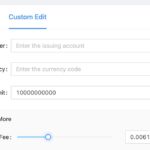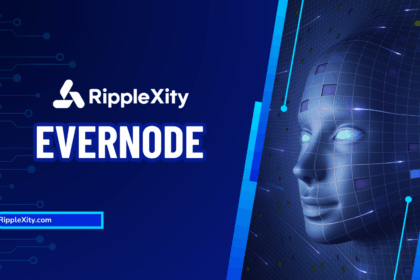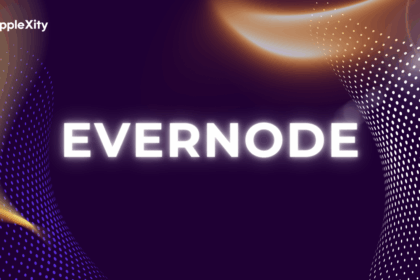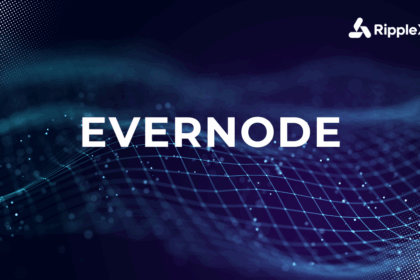The XRP Ledger (XRPL) is globally known for its fast, low-cost, and energy-efficient transactions. However, XRPL historically lacked native smart contract functionality, limiting the types of decentralized applications (dApps) developers could build on it—until now.
Enter Evernode — a groundbreaking Layer 2 network designed to bring decentralized smart contracts to XRPL through XRPL Hooks technology. Evernode empowers builders to deploy powerful, trustless applications while maintaining XRPL’s renowned speed, efficiency, and scalability.
Let’s explore what makes Evernode one of the most anticipated ecosystems emerging on Ripple’s blockchain infrastructure.
What Is Evernode?
Evernode is a Layer 2 decentralized hosting network that allows developers to deploy and execute smart contracts off-chain, while using XRPL for settlement and asset management.
Instead of relying on centralized servers, Evernode uses a network of independent Host operators, creating a trust-minimized and serverless environment for running applications. This architecture allows for scalable computation, expanding XRPL’s capabilities beyond simple token transfers.
How Evernode Works
- XRPL Hooks Integration
- Evernode utilizes XRPL Hooks, a feature that enables lightweight smart contract logic directly on XRPL accounts.
- Hooks act as triggers that initiate off-chain execution on the Evernode network.
- Decentralized Host Network
- Hosts are independent node operators who provide computational power to run smart contracts.
- They compete and collaborate to execute applications securely and reliably.
- Evers Token Economy
- Evernode uses its own native token called Evers to reward Hosts for their work.
- Users pay Evers to deploy and run smart contracts on the network.
- XRP as the Settlement Layer
- XRP and XRPL’s native features like Trust Lines and DEX are used for payments, asset issuance, and settlement.
Key Features
- ⚙️ Decentralized Smart Contracts
- Build fully decentralized dApps using off-chain execution and XRPL Hooks.
- 🌍 Open Host Network
- Anyone can run a Host and participate in the Evernode ecosystem.
- ⚡ High-Speed Performance
- Off-chain computation allows for scalable, low-latency applications.
- 🔒 Trust-Minimized Execution
- Smart contracts run on a distributed, serverless network—not on a single centralized server.
- 💸 Low-Cost Deployment
- Avoid high gas fees by leveraging XRPL’s efficiency.
Real-World Use Cases
- 🏦 Decentralized Finance (DeFi)
- Lending, staking, and automated market making.
- 🎮 Gaming & Metaverse Apps
- On-chain assets with off-chain logic for high-performance gaming.
- 🪙 Tokenized Asset Platforms
- Manage complex token ecosystems with programmable utility.
- 🛠️ Custom Business Applications
- Build enterprise-grade apps with trustless execution.
Why Evernode Matters for XRPL
Evernode brings Ethereum-like programmability to XRPL without sacrificing speed or cost-efficiency. It positions XRPL as a fully programmable Layer 1 + Layer 2 stack, capable of competing with other smart contract platforms while maintaining XRP Ledger’s enterprise-grade reliability.
By enabling decentralized, serverless computation, Evernode unlocks a new era of dApp development on XRPL—bridging the gap between token utility and real application logic.
Final Thoughts
Evernode is more than just a technical upgrade—it’s a community-powered movement that expands the XRP Ledger’s capabilities for developers, businesses, and users worldwide.
At RippleXity, we’ll continue tracking Evernode’s journey as it brings scalable smart contracts to the XRP ecosystem.










